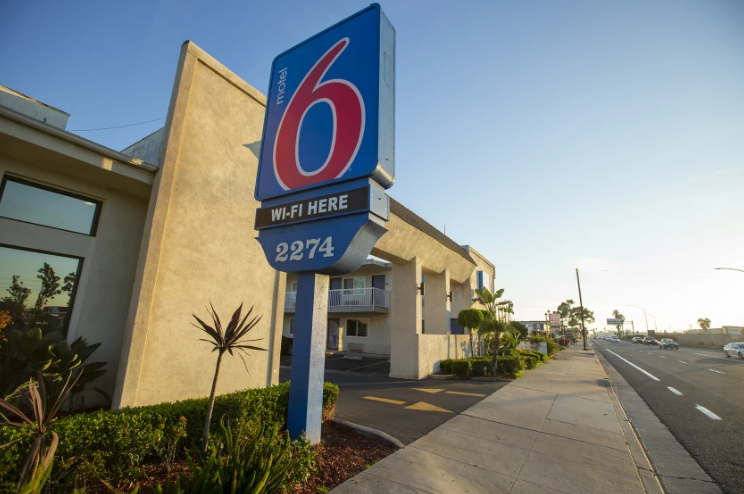In a bid to tackle California’s longstanding homelessness crisis, Governor Gavin Newsom initiated the Homekey program with an ambitious goal of converting 15,000 housing units for the homeless. However, as the program faces dwindling funds and falls short of its targets, it has sparked considerable debate regarding its effectiveness and the financial burden it places on taxpayers, particularly in cities like Costa Mesa.
With an initial $3.5 billion in funding, Homekey aimed to provide housing solutions for the homeless population across California. Yet, despite this significant investment, only 9,000 units have been successfully converted so far. This shortfall has prompted the proposal of Proposition 1, which seeks to inject an additional $2 billion into the program. However, this potential influx of funds comes at a cost to counties and residents, as Proposition 1 would necessitate increased spending on homeless housing initiatives.
Costa Mesa, in particular, has found itself at the forefront of this debate, with the city council recently approving significant expenditures to convert existing properties into housing units for the homeless. The decision to allocate $55 million to renovate a Motel 6 into 88 units, along with another $45 million to transform a Travelodge into 78 units, has raised concerns among taxpayers about the financial strain placed on the city’s budget.
However, the financial implications are not the only cause for concern. There is growing apprehension about the potential impact of these housing conversions on public safety. A stark example can be found in Los Angeles, where a similar program led to increased crime, drug use, and violence in the vicinity of the renovated Mayfair Hotel. The deterioration of safety conditions prompted legal action from the LA Alliance for Human Rights against the city and county, highlighting the unintended consequences of hastily implemented housing initiatives.
The parallels with Los Angeles raise pertinent questions for Costa Mesa residents. Are they willing to accept the risk of their neighborhoods becoming less safe as a result of these housing conversions? The potential repercussions on public safety cannot be overlooked or underestimated, especially when considering the well-being of communities already grappling with homelessness-related challenges.
Moreover, concerns have been raised regarding the lack of consent from the governed in the implementation of Homekey. The legal dispute in Millbrae, where the city filed to block the acquisition of a La Quinta Inn for housing purposes, underscores the complexities surrounding property transformation initiatives. California’s Article 34 mandates that such endeavors require approval through a public vote, raising questions about the constitutionality of Homekey if the court rules in favor of Millbrae.
In conclusion, while Homekey represents a well-intentioned effort to address homelessness in California, its efficacy and implications warrant critical scrutiny. The financial burden on taxpayers, coupled with potential safety concerns and legal challenges, underscore the need for a comprehensive and transparent approach to housing solutions. As debates surrounding Homekey continue, stakeholders must prioritize the well-being and interests of both homeless individuals and the communities they seek to integrate into.

